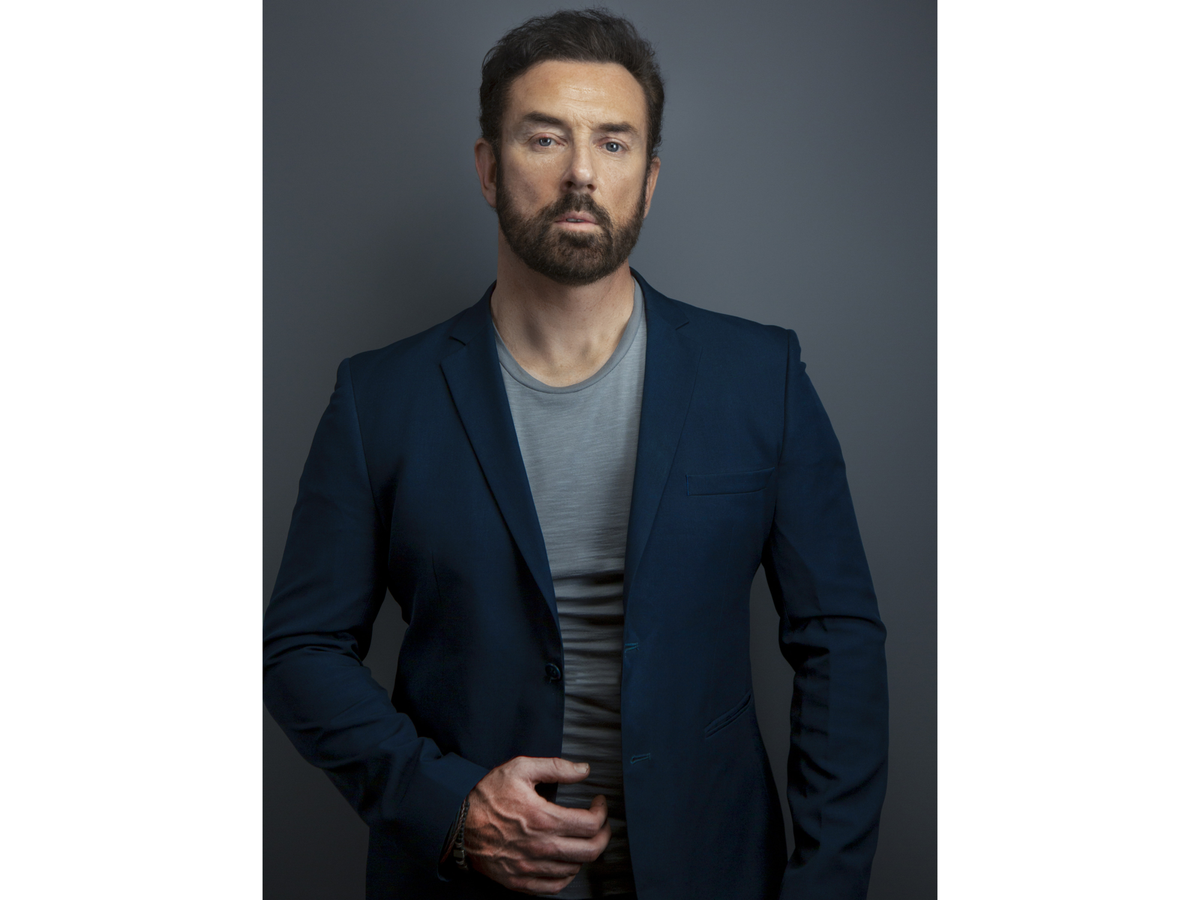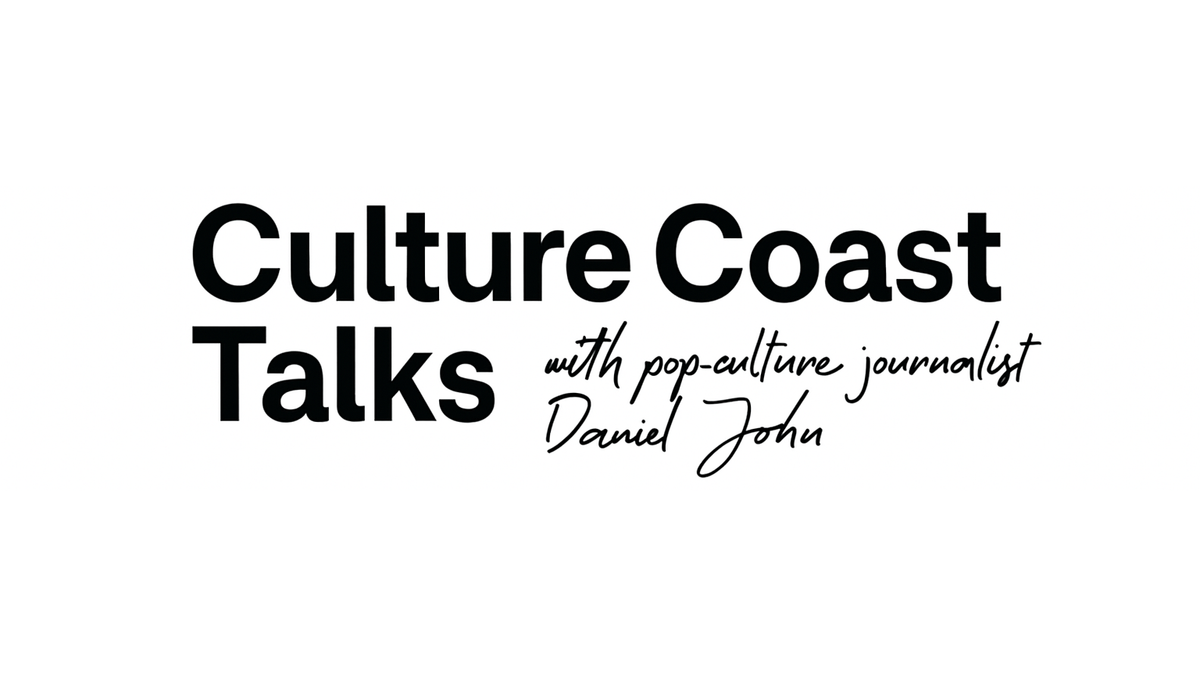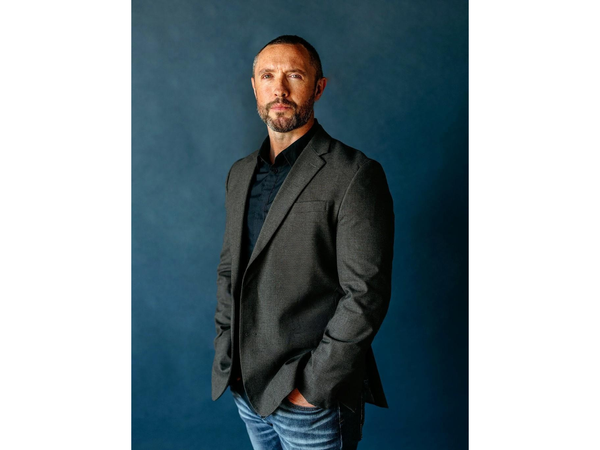BRYAN LARKIN TALKS DUNGEONS & DRAGONS: HONOR AMONG THIEVES
"Only got to see my scenes before shooting"


Being an actor might have been the farthest from what you thought you would do now?
Growing up, watching films in the cinema, I thought actors were like fantasy-characters that only existed in the films, being so young it was hard to imagine them as human beings doing a job. Celebrity and recognition was like a mystical art. So when I saw them being interviewed I made a vague connection because they were not in character. Being a kid growing up with Bruce Lee movies, absorbing his off-screen persona, belief system and training had a profound effect on me as it inspired me to take up martial arts, then later with Arnold and Sly, bodybuilding. I followed their training routines and adopted a similar mindset. 'Rocky' was the first movie to have a huge influence because Balboa was the underdog. I was a loner as a kid, so I somehow gravitated to making the connection between the role and the person. I did not know how to become an actor and because I was a shy kid who preferred solo sports as opposed to team sports like football, it took a long time for me to find a path to acting.
When did it change?
What made the change occur was, after years of trying to find out what I wanted to do I joined a local drama group that was a stepping stone to drama school and committed fully to it. After a few weeks of training in scene work I blagged my way into applying for drama school and was accepted. The rest, as they say, is history.
Did it start more from film or from theatre work?
Theatre was what came first. After about a year I gravitated to film and TV. I learned more about the actor I wanted to be by making my own short films. Directing, writing and acting together. It gave me the chance to elevate my on-screen skills without exposing myself to the stress of getting it right first time. It helped me win two BAFTA awards and where most of my screen acting progress was made. At drama school we were trained in theatre, movement and script study but and not in film. There was no formal acting for screen classes. I played a range of characters from Hamlet, Greek Gods, school teachers, stand-up comedians, a priest. The most memorable was an ordinary character called Jerry in 'A Zoo Story' by Edward Albee. It’s a two-handed play about two strangers who meet in Central Park, Jerry strikes up a conversation with Peter, a middle-class New Yorker in the 1950s and one hour later Jerry kills himself after unburdening his soul. It’s known widely as part of a collection of plays called 'Theatre of the Absurd'. The irony of Jerry is, although many will find him absurd, intimidating and extroverted, he’s actually just a lonely soul in a fast-moving city who cannot make sense of the world and he spends the entire play talking to a stranger about the strange encounters he’s had that have driven him the brink of insanity. He’s unburdening his soul. It’s an extremely funny but sad play.
You didn’t star in your first international blockbuster until your forties. Do you think that timing has influenced how you choose your projects today, compared to if your big breakthrough had come earlier?
When I left drama school and started to work in film and TV I was typecast as the cop or the criminal. I had so much more to offer and to break free of that, I turned down roles that wouldn’t challenge me and further make my own work. I focused on showing more three-dimensional characters who have layers. Conflicted characters, underdogs. I am most proud of my work in these films than anything else. To this day I still make my own short films when I find a concept I fall in love with. They are mostly about characters who reveal themselves to be more than they appear to be. To be honest, I’ve never had the luxury of choosing any role. They choose me. I’m not one who can pick and choose. What I try to do is find something empathetic, human and vulnerable about the character that isn’t in the script to make them more human, more interesting. Something deeper you know? I wasn’t that actor when I started, so with age came experience, so being older has helped improve my craft. I started acting when I was twenty-eight and didn’t get a Hollywood movie until I was forty-one and the role was as the SAS Captain in Gerard Butler’s 'London Has Fallen'. When I got the role I wanted so much to squeeze every nuance out of the character, what happened was the producers saw what I was doing and they told me they loved what I was doing so they added a few extra scenes and let me improvise some with Gerard Butler. Gerard, being Gerard, always supports his fellow actors. If something works he goes with it, even if it isn’t in the script.
Chris Pine took his ‘Honor Among Thieves’ role after watching his nephew’s D&D sessions and seeing the fun they had. What was your connection to tabletop roleplaying before joining the film as Chancellor Norixius?
When I was a kid, you either played board games or video games, and I chose video games. The older kids would get together and play D&D sessions during their lunch breaks and on weekends. Later, maybe about ten years ago, I played it while camping with friends and I loved it. I was like this is awesome. There’s no limit to the imagination. So my appreciation for the game came later.
How did you take on this role?
When I auditioned the role in 'Dungeons & Dragons', I knew that both my face and body would be covered in a dragonborn prosthetic and my voice would be heard, so it was hard to know what kind of tone they were looking for, there were no notes for the actors. What I did was adopt a deadly serious demeanour, laced with moment of impatience. I played the role like a grumpy head-teacher and used my go-to monster voice I often use while voicing some video game character and they cast me on these two factors. The directors told me they enjoyed this. It fitted what the tone they were looking for. As far as prep was concerned, it was all found as I performed.
Were you aware of the old-school Monty Python tone of the film when reading the screenplay. Many fans were surprised, but happily so, by it?
Many people have told me it took them by surprise. To be honest, I was never given a full script. Screenplays of big movies are only ever read by main cast and with me supporting I only got to see my scenes before shooting. But I can tell you this. Being on set, seeing how the other actors were playing it did take me by surprise. I thought, this is wacky, offbeat, and fun, people are going to dig it. There seemed to be a huge respect for the fans while making it but also there was an overall emphasis to create something accessible to those who hadn’t played the game. So anybody who watches it without knowing the D&D world would enjoy it just as much. That was very smart, and cleverly, done. They really got it right in my opinion.
Is there anything else that we can look forward to seeing you in after this film?
If anybody is interested, they can watch a lot of previous work on my website. I would encourage them to watch 'Scene', a short film about an actor trying to act his way through a movie. 'Dead End', an action drama about a hitman set in Hong Kong and London and finally, 'Everything Was Fine', about a man who loses his mind while in quarantine. All very different films and styles and I wrote them all and produced and edited them, and I even directed two of them. They are good examples of my range and versatility. Otherwise viewers can watch me appear in 'Cobra: Rebellion' on SKY released later this year.




